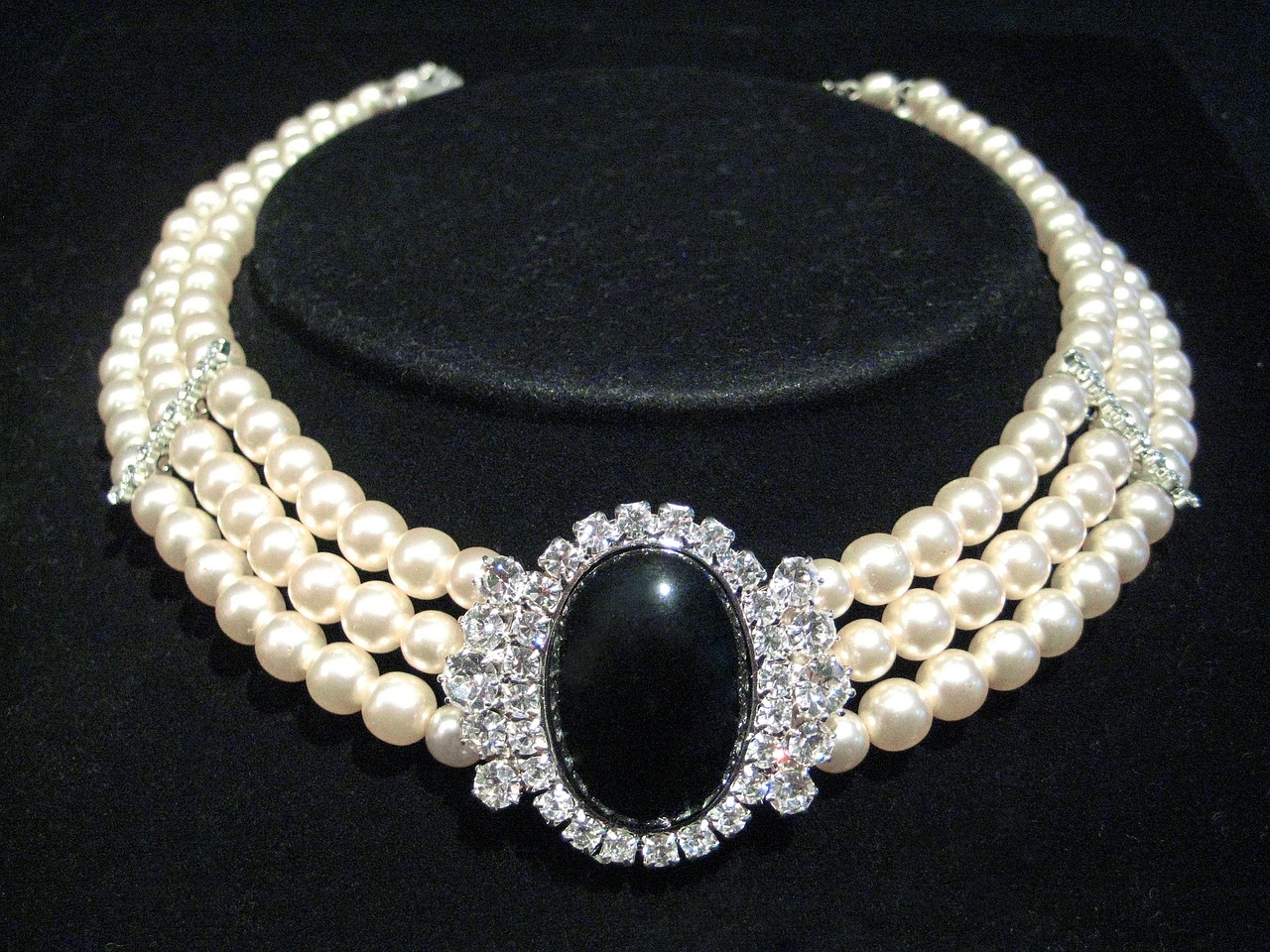
DIY vs Professional Jewellery Valuation
DIY vs Professional Jewellery Valuation: What You Need to Know
When it comes to valuing jewellery, many people wonder whether they can do it themselves or if they need a professional. With the rise of online tools and DIY guides, it’s tempting to try to assess your pieces at home. But is DIY really enough? Let’s break it down.
Why People Consider DIY Valuations
There are a few reasons why someone might attempt a DIY valuation:
•Curiosity: You want to know the worth of a piece you inherited or bought.
•Convenience: DIY tools are accessible anytime, anywhere.
•Cost savings: You think a professional valuation might be expensive.
DIY methods can give a rough estimate of value, especially if you’re simply checking retail prices or comparing similar pieces online. But here’s where DIY often falls short.
The Limits of DIY Valuations
1.Accuracy Issues
Jewellery valuation is more than knowing the market price. It requires assessing quality, authenticity, craftsmanship, and provenance—details that are often invisible to the untrained eye.
2.Gemstone Grading Complexity
Diamonds and coloured gemstones are graded on colour, clarity, cut, and carat weight. DIY guides and online calculators rarely account for the subtle variations that significantly affect value.
The jewellery market is dynamic. Even if you know current retail prices, they might not reflect resale, insurance, or replacement values accurately.
Incorrect valuations can have serious consequences:
•Underestimating value could leave you underinsured.
•Overestimating value could lead to disputes or fraudulent claims.
Why Professional Valuation Matters
Professional jewellery appraisers bring expertise, tools, and authority to every valuation:
•Trained Eyes: Appraisers are certified to detect subtle differences in gemstones and metals.
•Proper Tools: Professional labs and equipment allow for accurate grading.
•Standardized Reporting: Valuation reports are defensible for insurance, legal, and resale purposes.
•Market Insight: Professionals understand current trends, rarity, and demand factors that influence value.
When DIY Might Work
DIY valuations can be useful for:
•Quick estimates for personal knowledge.
•Learning purposes if you’re studying gemmology or jewellery appraisal.
•Pre-screening before seeking a professional valuation (e.g., identifying which pieces may need urgent appraisal).
However, for insurance, estate planning, or resale, DIY is never a replacement for a professional assessment.
Finding the Right Professional
Look for an appraiser who is:
•Certified by recognized bodies (e.g., Canadian Gemmological Association, GIA, or ICA)
•Experienced in your type of jewellery (diamonds, coloured stones, antique pieces, etc.)
•Transparent about their methods and reporting
Bottom Line
DIY jewellery valuation can be a fun and educational exercise, but it comes with limitations and risks. For accurate, defensible, and professional results—especially when insurance, resale, or legal matters are involved—a professional appraisal is always the safer choice.
After all, your jewellery is more than its price tag—it’s an investment, a family heirloom, and a piece of art. Treat it accordingly.